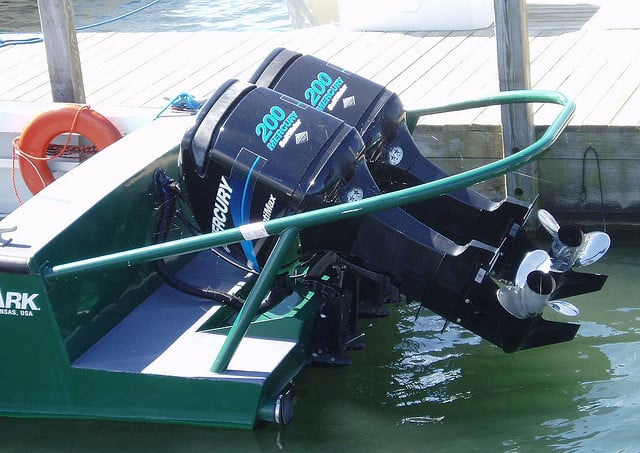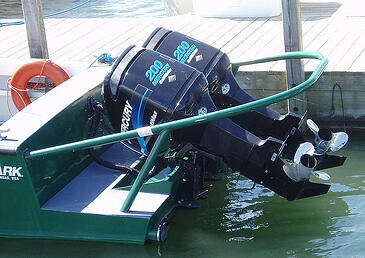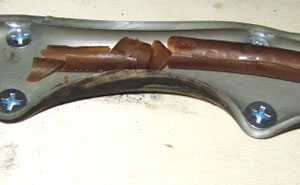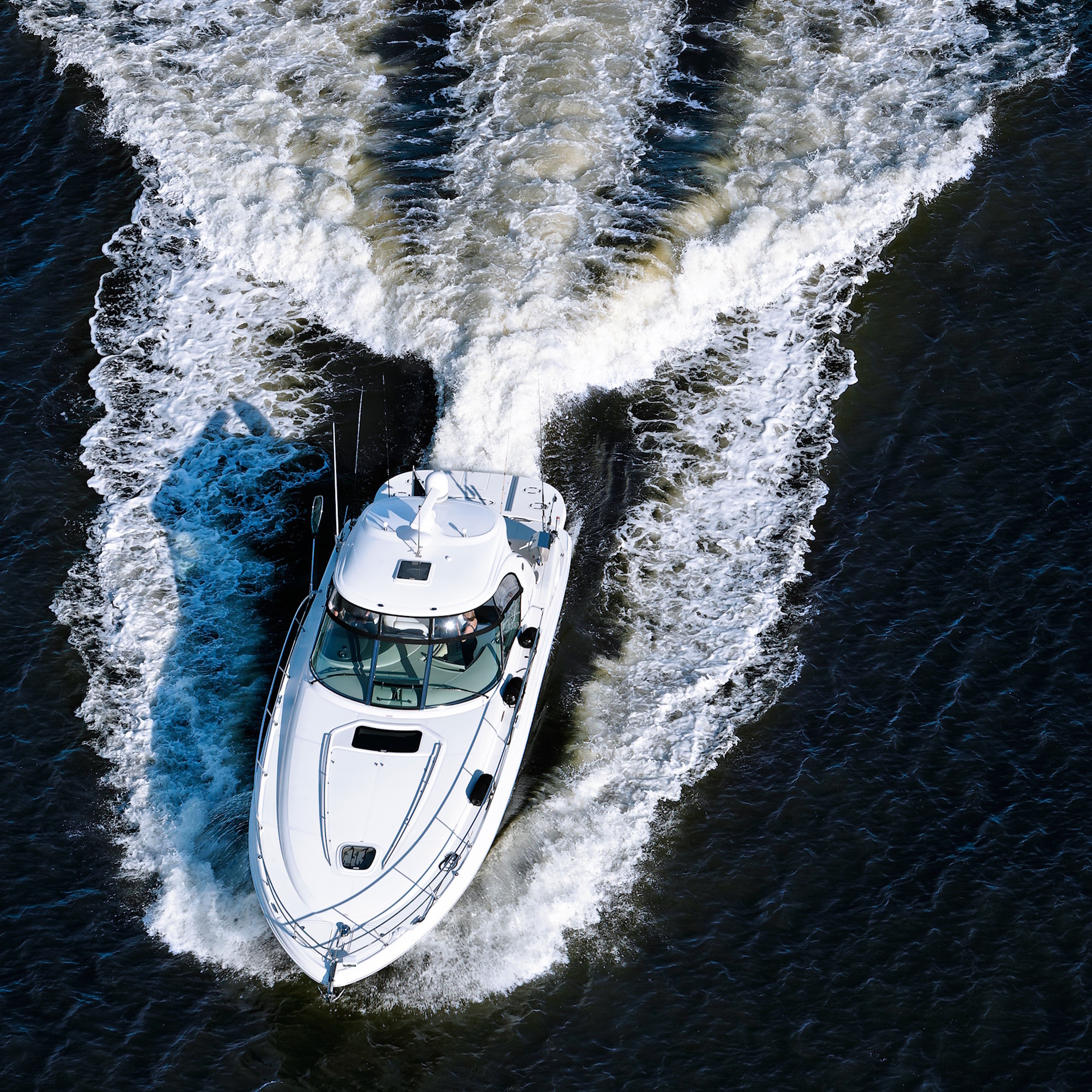A Boat's Biggest Concern - Water In Fuel
Boat engines aren’t designed to handle large volumes of water despite all the time they spend out in the marine environment. Boaters that use fuel...
2 min read
Bell Performance : Feb 12 2014

Even though boats are made for use on the water, their engines are not designed to hold water.
 Unfortunately, for many boats and watercraft with outboard engines, water in the fuel tank is a serious problem. This is especially true for boaters that use fuel blends which contain ethanol, as ethanol has a tendency to attract and absorb water.
Unfortunately, for many boats and watercraft with outboard engines, water in the fuel tank is a serious problem. This is especially true for boaters that use fuel blends which contain ethanol, as ethanol has a tendency to attract and absorb water.
Another issue many boaters experience with gasoline is the length in which the fuel is stored in the tank. Unlike cars, the fuel in the tank of a boat is stored for a longer period. In most parts of the United States, boating season typically occurs during the hot and humid summer months; meaning that moisture from the air can be absorbed into the fuel.
For starters, the carburetor and fuel plugs are more likely to become clogged and octane levels can decrease, making fuel problems rather troublesome.
Especially during the warm summer months, algae and bacteria can grow within the fuel tank, leading to corrosion of the tank and poor fuel performance.
Water is the leading fuel concern for boats and watercraft, but the good news is that with a little maintenance, it can be prevented.
Water and fuel don't mix together; they separate. Water falls to the bottom of the tank, while the fuel stays on top of the tank. Using an additive can remove the water from the tank, ensuring that the fuel mixture remains pure.
This can be easier said than done, as many gas stations now blend their fuel mixtures with ethanol, but ensuring that the gas you're putting into your watercraft is pure will eliminate a lot of the potential problems caused by water.
In a lot of places, buying gas with ethanol blends is inevitable. So, if you have no other choice, your best bet in preventing the buildup of water in your fuel tank is to make sure that your emptying and refilling the tank every one to three weeks.
Remember, boats are primarily used in the hot, humid summer months, when moisture has a tendency to form in the tank, adding to the water troubles. Ensuring that the tank is regularly emptied and filled can solve a lot of those problems.
Yes, water in fuel of boats and watercraft is a serious issue, but using additives, buying ethanol-free gas blends, and regularly emptying and refilling your tank can help reduce the potential damage to your boat.
Photo Credit / Creative Commons / No Changes Made

Boat engines aren’t designed to handle large volumes of water despite all the time they spend out in the marine environment. Boaters that use fuel...

Boaters have now had the better part of the summer to assess the situation with ethanol blends and their watercraft. So what’s the assessment?

Boats aren't exactly the most fuel-efficient vessels on the planet. In fact, boats aren't even measured in miles per gallon, like cars are. Instead,...